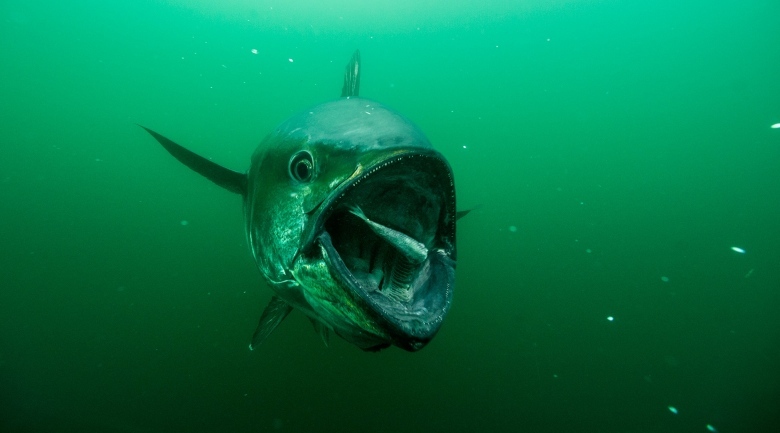
As more and more carbon dioxide enters the atmosphere, the ocean is acidifying too quickly for sharks to keep up. For at least one species, the cost could be the vital sense of smell. Without its ability to detect odors, the smooth dogfish could be left high and dry. And chances are that this isn’t the only marine life that will see this effect.
The finding, in a study published last month in the journal Global Change Biology, continues lead author Danielle Dixson’s work in clownfish. "We found that the acidification of their water disrupted the fish’s ability to perceive different chemical cues, or their sense of smell," said Dixson, an assistant professor in the School of Biology at the Georgia Institute of Technology in Atlanta. "But we wanted to test other organisms, especially ones that, like sharks, rely so much on their sense of smell. They’re practically swimming noses."
In the experiment, the sharks were exposed to the smell of squid, a dogfish delicacy, in pools with different levels of carbon dioxide, which makes the water more acidic. At today’s levels, the sharks swam to the side of the pool that smelled like prey and attacked the odor-emitting objects as expected. At levels that we’re predicted to reach in 50 years, they swam to the correct side but attacked less aggressively. At carbon dioxide levels that the ocean is expected to reach by 2100, the sharks basically stopped being attracted to the squid odor.
